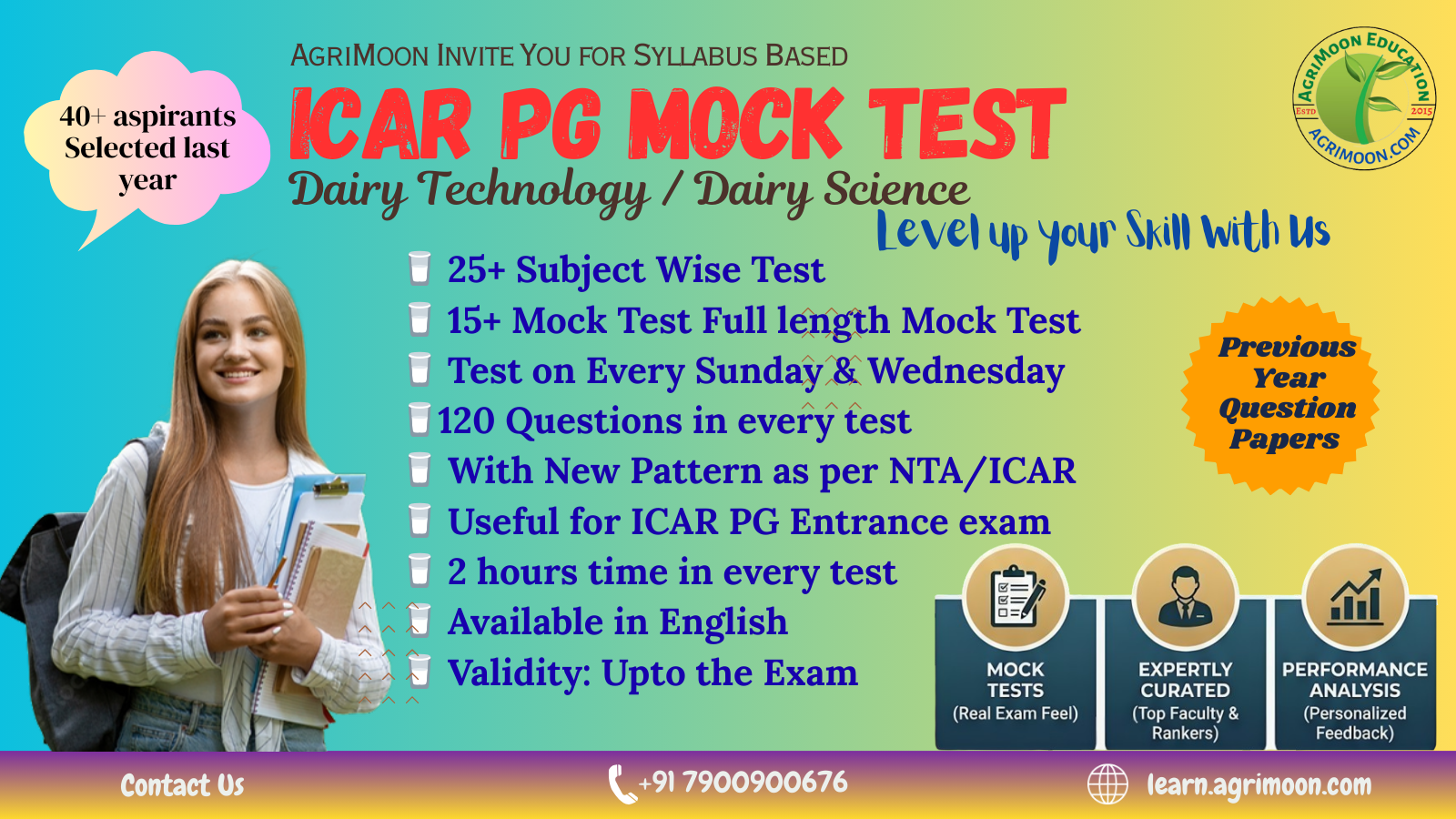Millets are good, no doubt, but they needn’t be miracle food
BENGALURU: Everybody nowadays seems to love millets. Nutritionists, environmentalists and the government are promoting them in a big way .The hardy grains are dubbed as the miracle food that will solve our health issues, and not to forget, our water woes. And their popularity in Bengaluru is increasing rapidly . But there is a problem: experts say that as much as there is praise for their good properties, there is misinformation.
Nutritionist and food blogger Dr Nandita Iyer recently released a series of articles and videos on millets detailing how to use them the right way . Similarly , many organic stores and sustainability groups are conducting workshops. “With increasing incidence of type-2 diabetes, the rice eating population takes solace in millets as it allows them to enjoy the rice based diet with a slight modification and better health benefits.“
For the uninitiated, ‘millet’ is a collective name given to a variety of coarse grains that grow in dry conditions. Ragi, sorghum, pearl millet, foxtail millet and kodo millet are examples. They are said to be gluten free, rich in fibre, minerals and fatty acids. Iyer says that in addition to diabetics and the health-conscious middle-aged, even twenty-somethings are actively pursuing millets.
Vishalakshi Padmanabhan, who runs an organic farm, says the demand for millets is now abnormally high. While she does grow and sell the grains, she is not completely happy .“It is being wrongly promoted as a miracle grain,“ she says, adding that there are no good or bad grains. “A grain’s health benefits depend on how it is grown and processed. Now, it is important to ensure that millets also do not get highly processed or hybridised like rice.“
Unfortunately , processed (branless and polished) millets, which only retain a fraction of the nutrients, are more common today than unprocessed varieties.
Padmanabhan too organised a discussion last week to create awareness about why millets matter but are not the solution to all our problems.“Growing only millets is also not good for biodiversity ,“ she adds, busting another myth. For instance, brown top millet, which has recently gained popularity , while high in nutrition, is an invasive species. “There needs o be a balance,“ she says.
Dwijendranath Guru, a consultant in sustainable agri culture technologies, is in volved in promoting millets.
But he believes that an important part of promoting them is “popping some hot-air balloons that are going about“.
While there is no denying that it is an extremely nutritious, environmental-friendly hardy crop, he says, it is important to question unfounded claims that “it can cure anything from pimples to cancer.“
Guru contests the popular narrative that millets are a better alternative to paddy . “It needs to be slowly worked into your diet, and should not completely replace any other food,“ he says, adding that it is high time we chose a nuanced and questioning approach to food instead of falling for the popular narrative.
Source: ECONOMIC TIMES


